Affiliate links on Android Authority may earn us a commission. Learn more.
6 alternatives to the smartphone notch
Published onApril 5, 2018
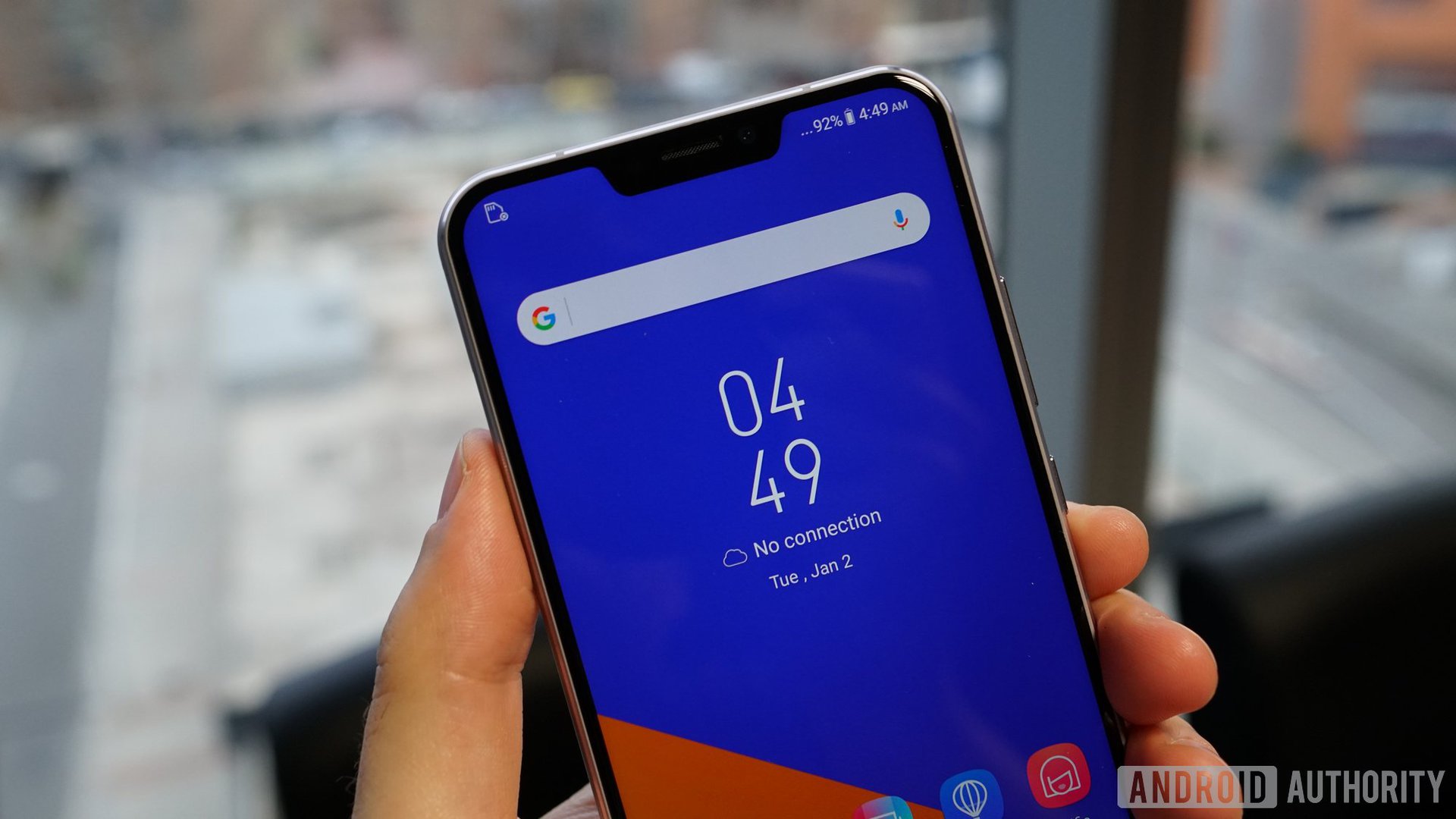
Between the HUAWEI P20 range, the new ASUS Zenfone 5 (seen above), the OnePlus 6, the LG G7, and hordes of budget brands, the smartphone notch is arguably 2018’s most dominant, yet divisive feature. In fact, Google’s support for the cutout displays is only further proof that the trend isn’t going away.
Read Next: Best phones without a notch
But who says the notch should stay in the first place? Here are a few alternative solutions to the polarizing feature.
Keeping the top bezel
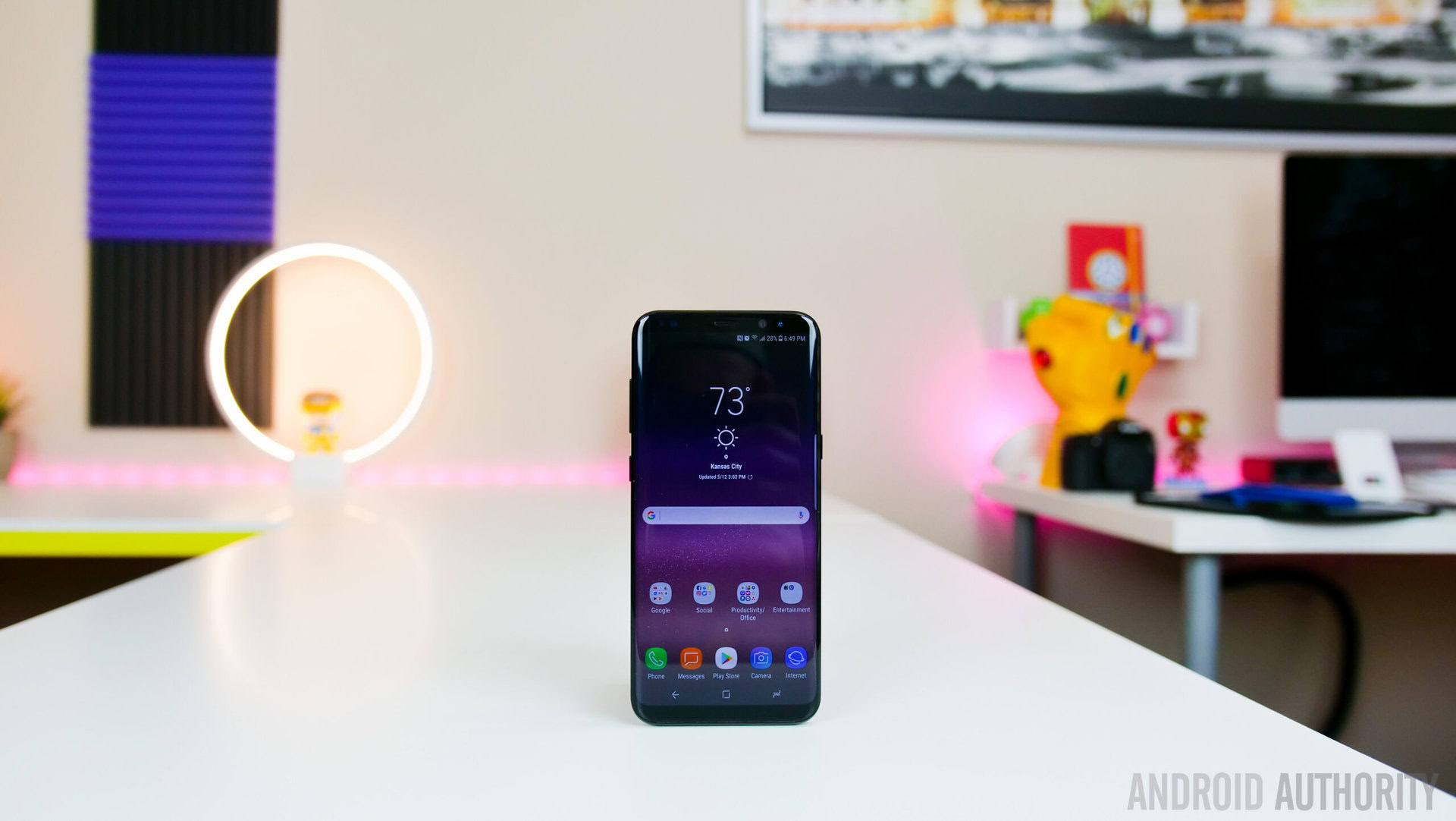
The first option is the legacy one too, and we still see it on flagship phones today. Case in point: LG’s flagships as well as Samsung’s Galaxy S8 and S9, all offering slim top bezels but top bezels nonetheless.
We also see progressively thinner top borders on some budget tall-screen devices today, such as the Redmi Note 5, LG Q6 and HUAWEI P Smart. And they manage to find space for a front camera, earpiece and other requisite sensors.
Heck, even keeping the top border the same size is fine for the average consumer. But I have to admit, I’ve grown accustomed to tall devices that easily fit in my pocket…
The Mi Mix solution
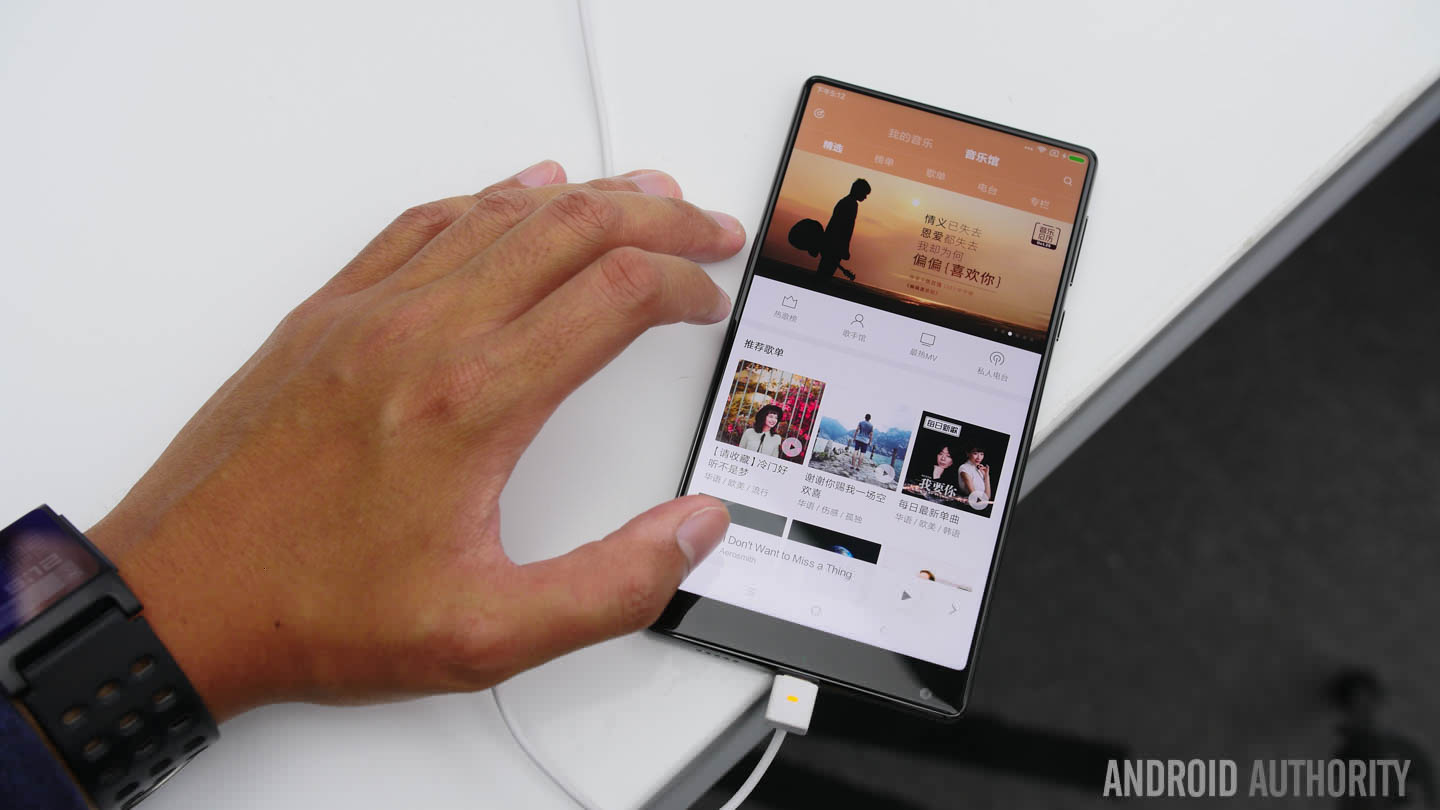
The original Mi Mix popularized the thin bezel trend, but it also stood out thanks to having a larger bottom bezel instead. This way, it could shrink the top bezel to virtually nothing.
Xiaomi also delivered a crazy solution to compensate for the lack of a top bezel, using a piezeoelectric speaker instead of an earpiece. The Chinese brand then looked to the 2011-era Nokia N9 for the selfie camera, shifting it to the chin.
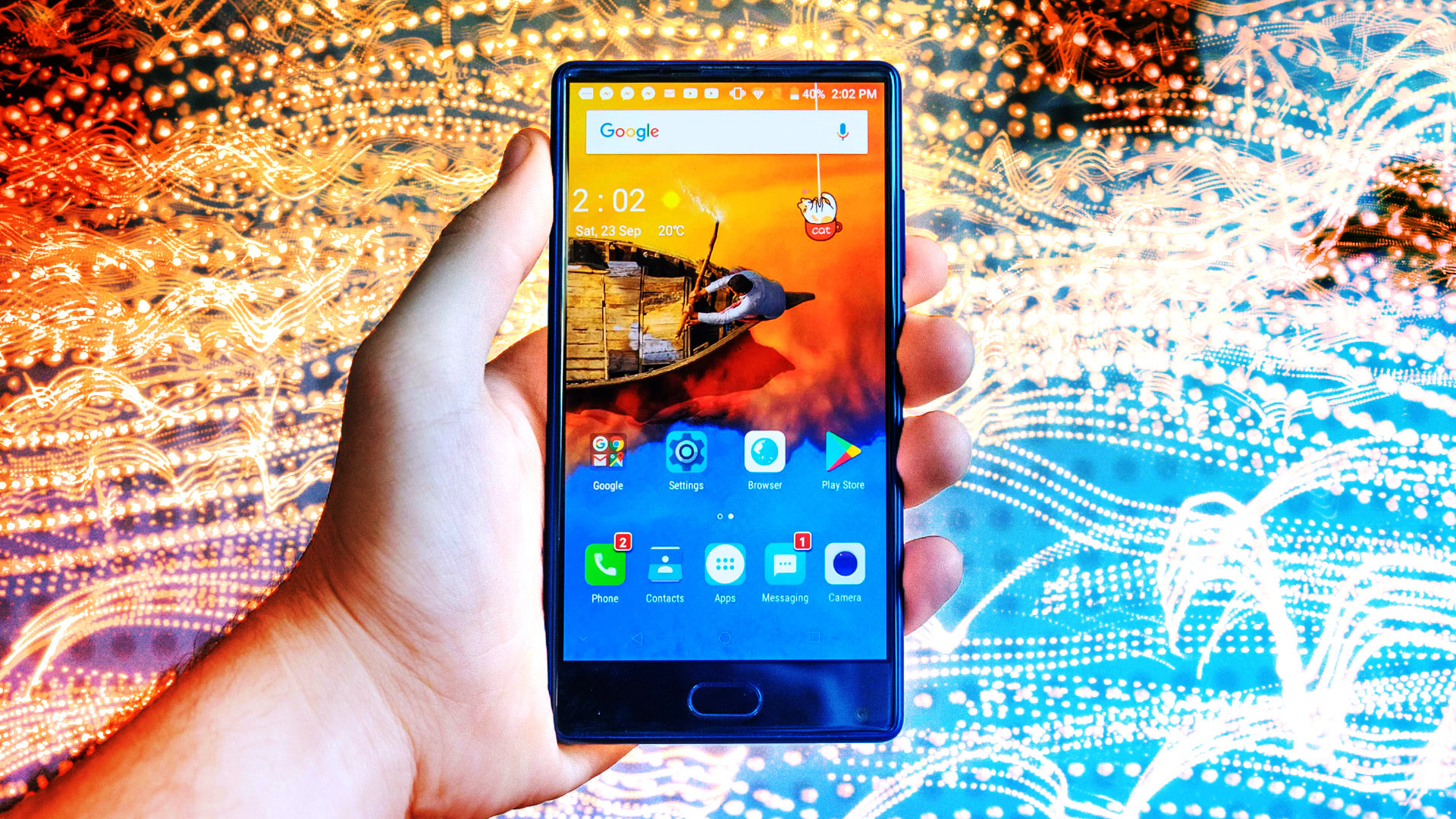
We’d bet that the original Mi Mix is only behind Apple and Samsung when it comes to inspiring copycats, the design aped by the likes of DOOGEE, Ulefone, UMI and several other budget manufacturers.
vivo pops up (pun intended)
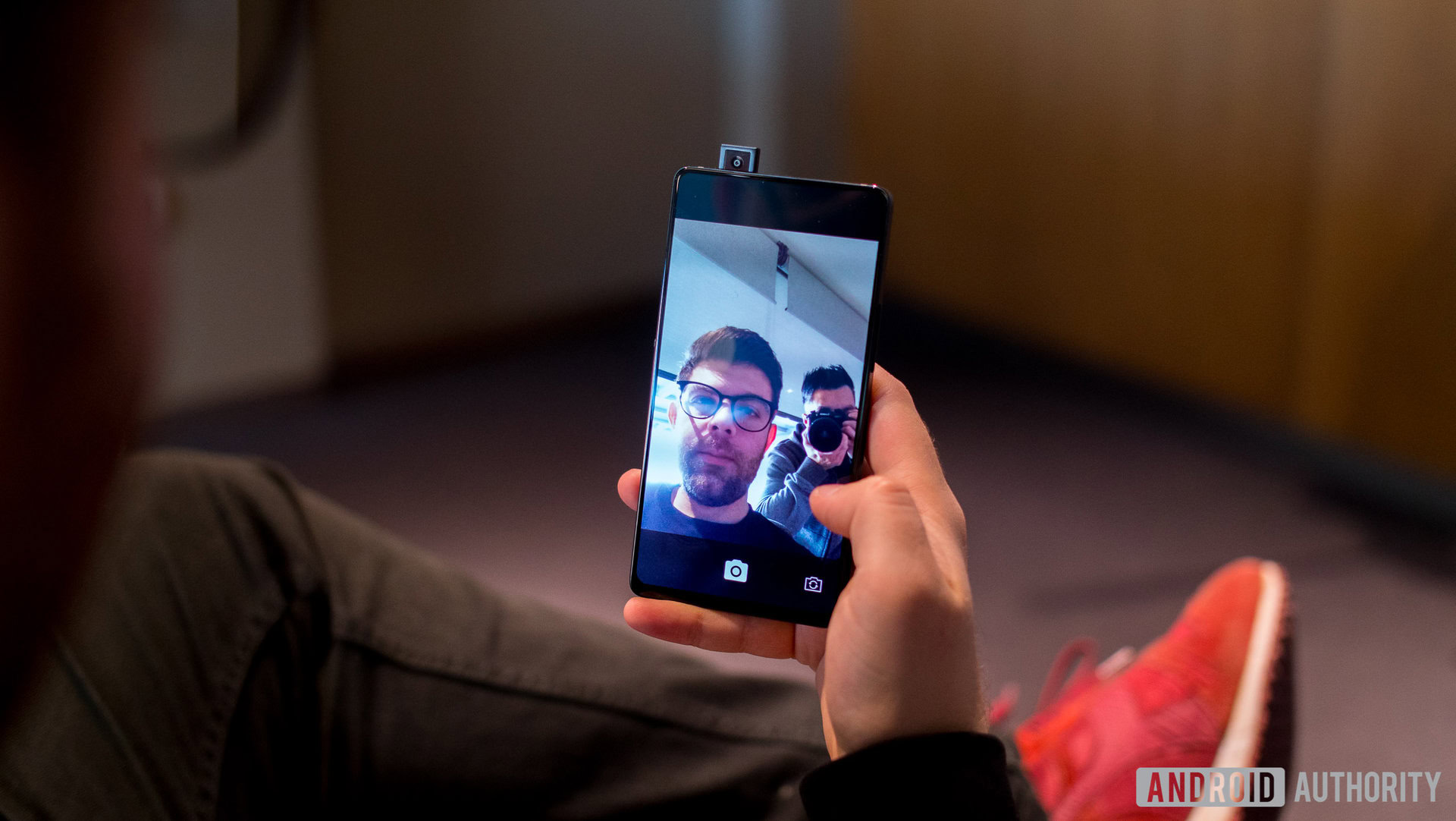
At CES this year, we saw vivo show off the X20 Plus UD, being the first production phone in the world with an under-display fingerprint scanner. But it still has a selfie camera in the traditional spot, which led the Chinese company to step things up at MWC.
The firm brought the vivo Apex to Barcelona, offering an under-display scanner and a selfie shooter that pops out from the top of the phone. It’s a double edged sword really, as it could be a hit with privacy focused users, but it’s another mechanism that might break.
The slideout solution
Pretty interesting and convenient way to achieve real bezel-less smartphones design… https://t.co/QfW8YMuSPJ pic.twitter.com/x5mfyVOl8L— Steve H. (@OnLeaks) October 13, 2017
Probably the most interesting way of handling the smartphone notch, mysterious Chinese company Oono is apparently working on a slider phone. But instead of the slideout popping down to show a keyboard, it pops up to show an earpiece, selfie camera and other sensors.
It certainly makes for an intriguing idea, and I’d like to see if a production model sees the light of day. Here’s hoping that someone else makes it a reality if Oono can’t get it done.
A radical take on cutouts
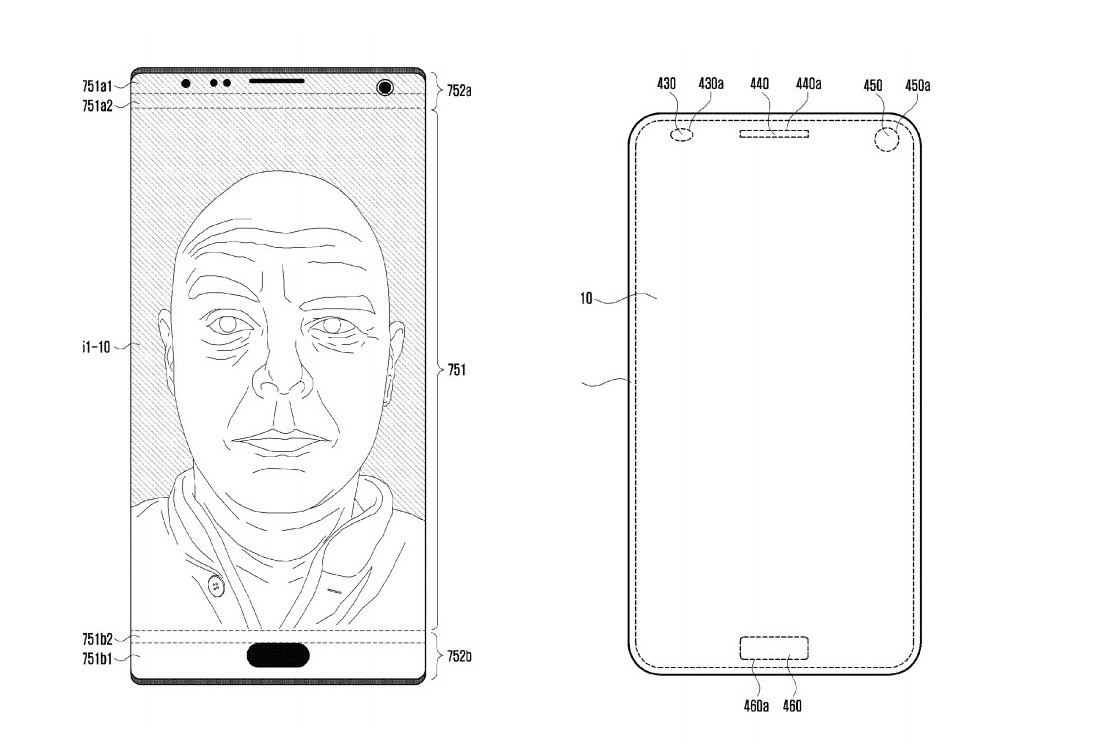
What if we got island-style housings for selfie cameras and earpieces instead of a smartphone notch? That seems to be one interpretation of Samsung’s recent patent filing (images via WIPO).
The filing shows the screen flowing completely around the selfie camera, earpiece, proximity sensor and other bits. Is it better than the notch? Well, it certainly seems less distracting when watching videos…
The impossible (for now) route
The other interpretation for Samsung’s recent filing is that the earpiece, camera and other sensors are actually buried under the display itself, being invisible to the user. This seems like the less likely scenario, technologically speaking, but if successful, it would mark a major breakthrough and another alternative to the smartphone notch.
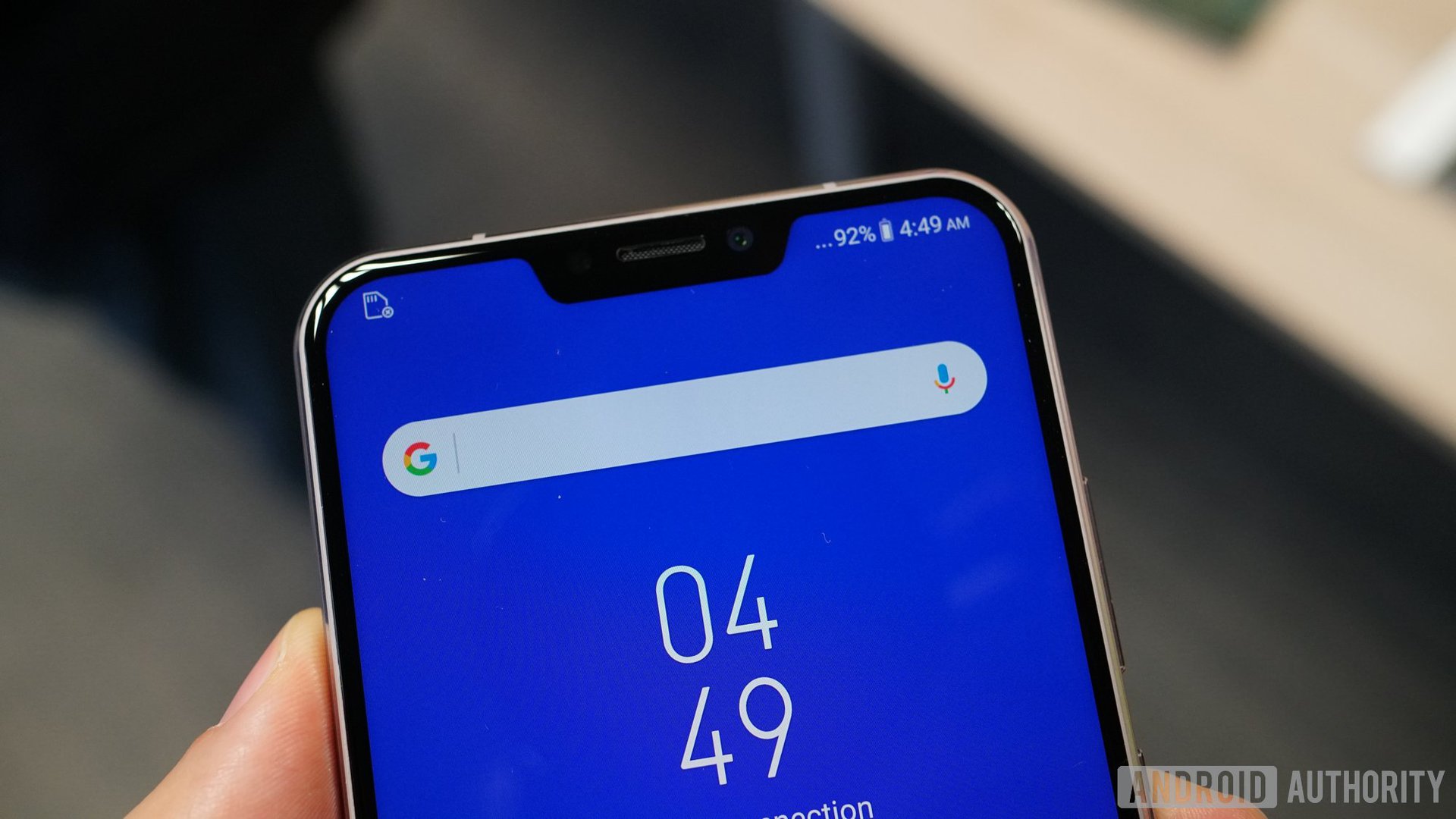
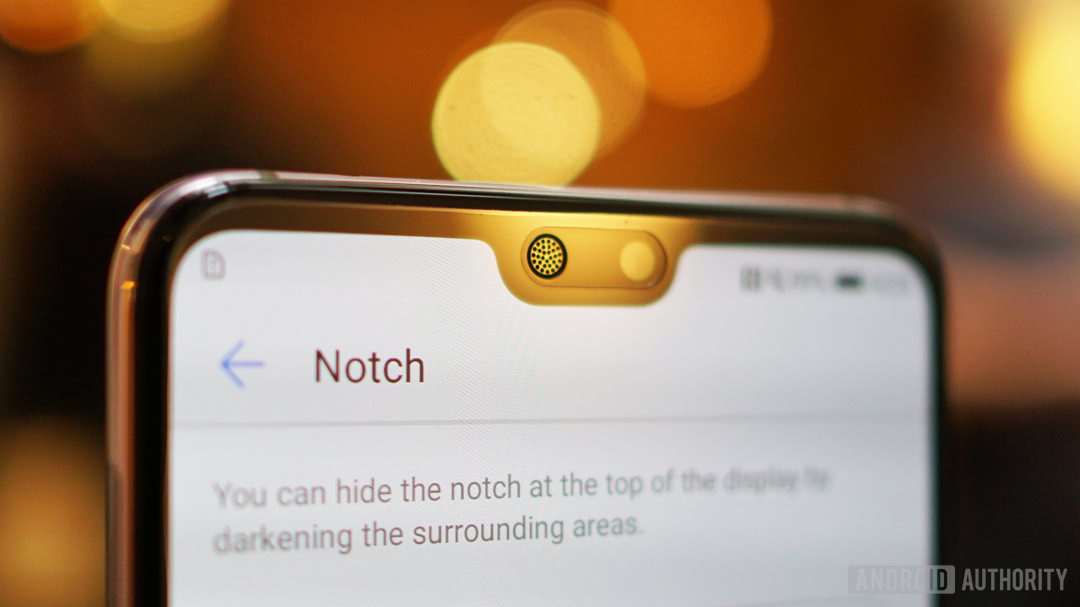
It wouldn’t be the first time we put tech under the screen, owing to the likes of vivo with its under-display fingerprint scanner. But this seems like a far tougher challenge.
How do you ensure that the screen doesn’t interfere with the camera output? Will the brand need to settle for much smaller sensors that offer inferior quality yet fit under the screen? Will it dramatically increase screen repair bills? These are just some of the obstacles…
What’s your favorite notch alternative? Should we even fight it?